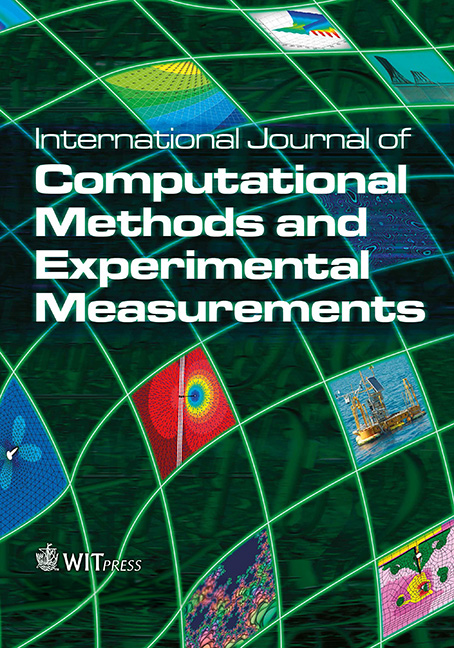A study of the viscous optimization of the shape of a non-lifting strut
Price
Free (open access)
Volume
Volume 7 (2019), Issue 2
Pages
12
Page Range
93 - 105
Paper DOI
10.2495/CMEM-V7-N2-93-105
Copyright
WIT Press
Author(s)
R.W. DERKSEN & J.G. VEENENDAAL
Abstract
The objective of this work is to gain insight into the process and development of a method for obtaining optimum design shapes for non-lifting aerodynamic struts while employing an interactive viscous- potential flow model for a range of airfoil reynolds numbers. This was done for axially loaded struts with constant cross-sectional area as well as struts loaded in bending with a fixed cross-sectional moment of inertia. The optimization sought the airfoil shape that resulted in minimum drag. The flow field was obtained by using a panel method that was iteratively coupled to a boundary layer solver. The viscous solver used was to model the boundary layer and was based on the zero-equation, Cebeci- Smith turbulence model. The main flow field was computed using a panel method. The airfoil shape was described using a bezier-PArSEC shape parameterization and optimization of the shape param- eters was obtained using differential evolution. The numerical approach of the flow field solver and the simplicity of the genetic algorithm allowed for these results to be obtained in an acceptable timely manner. This paper will present the results of a number of cases and discuss all of the issues that arose. While one can have confidence in the results, limitations and the need for future work were also exposed. The limitations occurred in this thesis were due to the limitations of the boundary layer flow field solver. This solver did not allow airfoils with significant thickness to be evaluated thus restricting the solution space to thin airfoils. It was observed that future work on dealing with separation modelling needs to be done to allow improved certainty of the optimization.
Keywords
Aerodynamic optimization, Differential Evolution, Viscous Flow, Bezier-PARSEC




